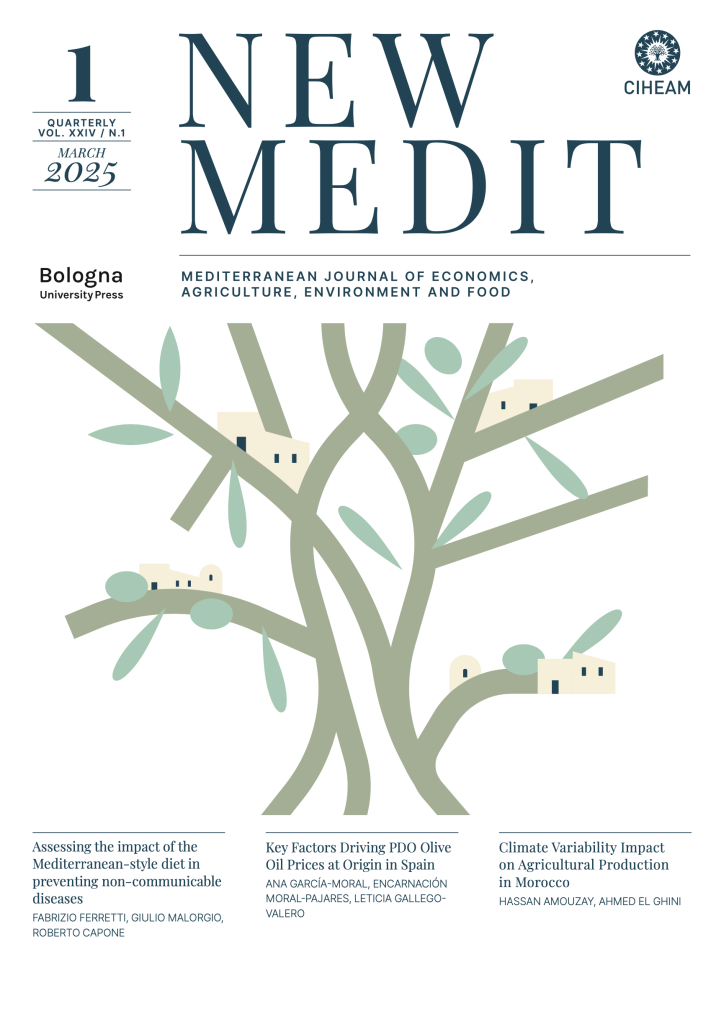CAP Implementation under Memorandum of Understanding bail-out conditionality: Impacts on business-oriented arable farms in Greece
New Medit, vol 16, n.4, (December 2017), pp. 12-23
Language: EN
Jel classification: C61, Q12, Q18
This paper examines the impacts of the national implementation of the CAP reform 2014-20 and the Third Memorandum fiscal-social insurance policy commitments of the Greek government, on the crop mix decisions and the viability of business oriented arable farming in Thessaly. Farmers’ reactions to policy measures are assessed by means of mathematical programming models that maximize utility subject to agronomic, institutional and resource constraints. The main impacts emanating from the CAP reform are reduction for cotton and durum wheat as well as increase for set-aside and alfalfa cultivation areas. Similar crop mix is obtained by applying the scenario of CAP coupled with the fiscal-social insurance reform. Farm income is moderately sensitive in reform concerning reduction of subsidies but the combination with the Third Memorandum measures dramatically decreases their viability prospects.
mathematical programming, Common Agricultural Policy, Memorandum of Understanding, arable farming, Greece











